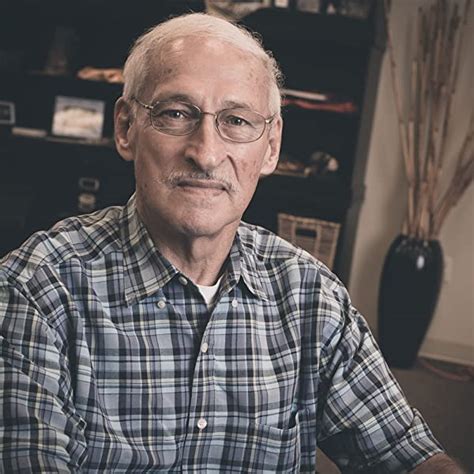A Quote by Michael Sandel
It's true that to speak of an ethic of giftedness, which is very much the ethic that I deploy in raising questions about designer children and genetic engineering - an appreciation of the giftedness of the child or the giftedness of life does have religious resonance, because a great many religious traditions emphasize the sense in which the good things in life are not all our own doing; they are gifts from God.
Quote Topics
About
Appreciation
Because
Child
Children
Deploy
Designer
Does
Doing
Emphasize
Engineering
Ethic
Genetic
Genetic Engineering
Giftedness
Gifts
God
Good
Good Thing
Good Things
Good Things In Life
Great
Great Man
Life
Many
Much
Our
Own
Questions
Raising
Religious
Religious Traditions
Resonance
Sense
Speak
Things
Things In Life
Traditions
True
Very
Which
Related Quotes
Do not talk about giftedness, inborn talents! One can assume great men of all kinds who were very little gifted. They acquired greatness, became “geniuses” (as we put it), through qualities the lack of which no one who knew what they were would boast of: they all possessed that seriousness of the efficient workman which first learns to construct the parts properly before it ventures to fashion a great whole; they allowed themselves time for it, because they took more pleasure in making the little, secondary things well than in the effect of a dazzling whole.
My belief is that the various religious traditions have great potential to increase compassion, the sense of caring for one another, and the spirit of reconciliation. However, I believe that a human being, without religious faith, can be a very good person - sincere, a good heart, having a sense of concern for others - without belief in a particular religious faith.
There is a fundamental spiritual quality to gratitude that transcends religious traditions. Gratitude is a universal human experience that can seem to be either a random occurrence of grace or a chosen attitude to create a better experience of life; in many ways it contains elements of both. Grateful people sense that they are not separated from others or from God; this recognition of unity with all things brings a deep sense of gratefulness, whether we are religious or not.
God felt, God tasted and enjoyed is indeed God, but God with those gifts which flatter the soul, God in darkness, in privation, in forsakenness, in sensibility, is so much God, that he is so to speak God bare and alone. Shall we fear this death, which is to produce in us the true divine life of grace?
The moral problem of abortion is of a pre religious nature because the genetic code is written in a person at the moment of conception. A human being is there. I separate the topic of abortion from any specifically religious notions. It is a scientific problem. Not to allow the further development of a being which already has all the genetic code of a human being is not ethical. The right to life is the first among human rights. To abort a child is to kill someone who cannot defend himself.
Ethics has not only to do with mankind but with the animal creation as well. This is witnessed in the purpose of St. Francis of Assisi. Thus we shall arrive that ethics is reverence for all life. This is the ethic of love widened universally. It is the ethic of Jesus now recognized as a necessity of thought...Only a universal ethic which embraces every living creature can put us in touch with the universe and the will which is there manifest.
But what does it mean to be on God's side? I believe it starts with focusing on the common good - not just in politics, but in all the decisions we make in our personal, family, vocational, financial, communal, and, public lives. That old but always new ethic simply says we must care for more than just ourselves or our own group. We must care for our neighbor as well, and for the health of the life we share with one another. It echoes a very basic tenet of Christianity and other faiths - love your neighbor as yourself - still the most transformational ethic in history.
We can work together for a better world with men and women of goodwill, those who radiate the intrinsic goodness of humankind. To do so effectively, the world needs a global ethic with values which give meaning to life experiences and, more than religious institutions and dogmas, sustain the non-material dimension of humanity. Mankind's universal values of love, compassion, solidarity, caring and tolerance should form the basis for this global ethic which should permeate culture, politics, trade, religion and philosophy. It should also permeate the extended family of the United Nations.








































